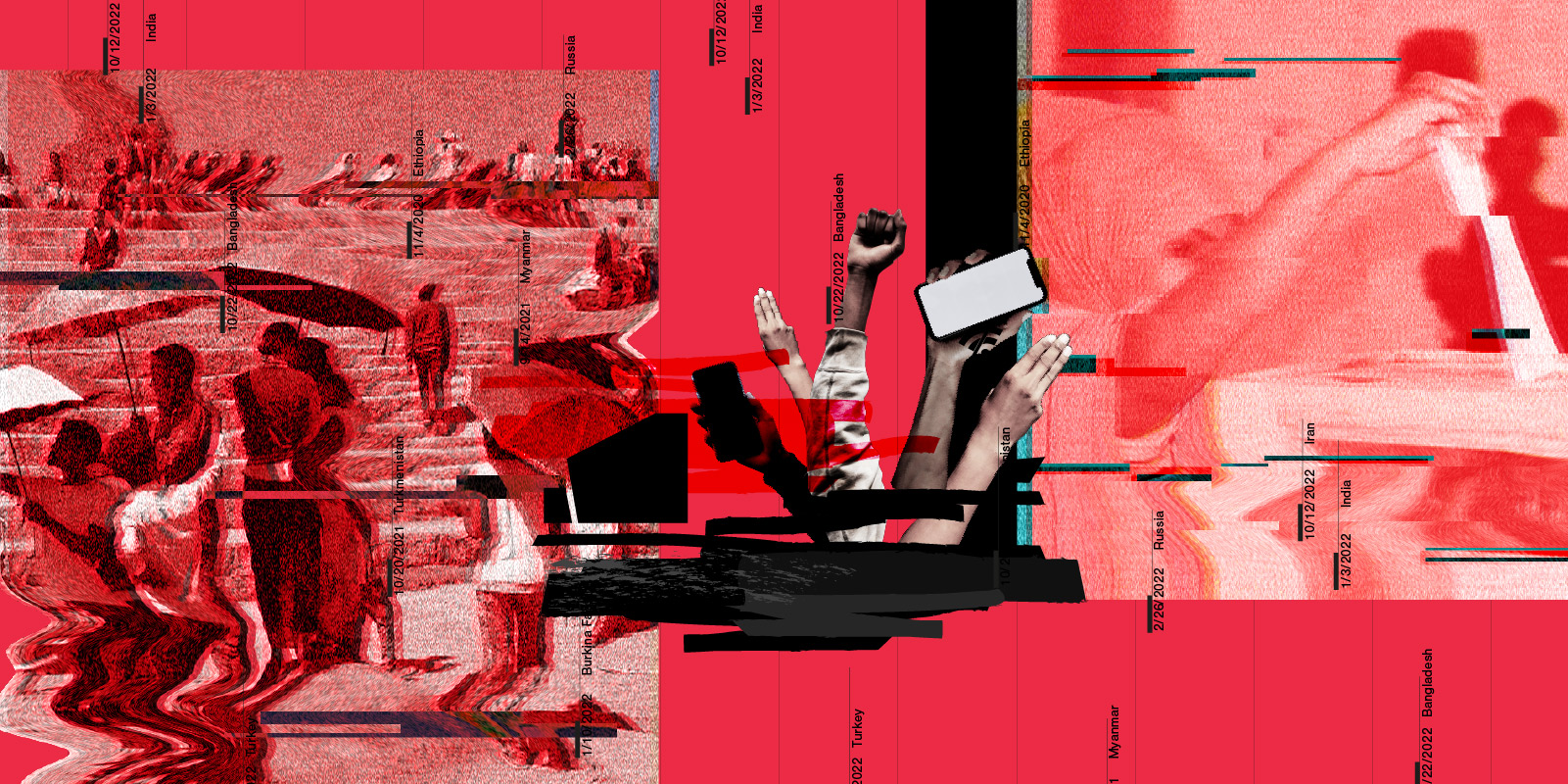20 November, 2023
To:
Peter Ndegwa, Chief Executive Officer, Safaricom PLC,
Ashish Malhotra, Managing Director, Airtel Kenya,
Mugo Kibati, Chief Executive Officer, Telkom Kenya,
CC:
Hon Eliud Owalo, Cabinet Secretary for Information, Communications and the Digital Economy
Christopher Wambua, Acting Director General, Communications Authority of Kenya (CA)
RE: Blocking of Telegram in Kenya
We, the undersigned organisations and members of the #KeepItOn coalition — a global network of over 300 organisations from 105 countries working to end internet shutdowns — write to seek clarification on the ongoing disruption of communications application, Telegram, in Kenya. The blocking seemingly coincides with the ongoing Kenya Certificate Secondary Education (KCSE) examinations.
Data captured by the Open Observatory of Network Interference (OONI) platform shows an ongoing disruption affecting Telegram starting from at least November 8, 2023 on Jambonet (Telkom) where it is persistently blocked until at least November, 15. Safaricom also appears to be blocking Telegram during the examination hours since at least November 10 until November 17. At the time of publication of this open letter, today, 20 November, Telegram is again blocked on Jambonet (Telkom). We will continue to monitor the situation and update your offices accordingly.
Several reports on X (formerly Twitter) indicated that the platform could only be accessed through the use of Virtual Private Networks (VPNs), which enable people to bypass the blocking.
Social Media platforms like Telegram have become an integral part of Kenyan society, playing a significant role in communication, information dissemination, business, and social change. Its impact is felt across various aspects of life, from connecting with friends and family to influencing political discourse and driving economic opportunities. Therefore, the limitation of these rights must be in line with international human rights standards on freedom of expression.
Measures to intentionally prevent or disrupt access to or the dissemination of information online are in violation of international human rights law. Blocking access to essential platforms that facilitate the exercise of rights and freedoms including freedom of expression and access to information is a violation of Article 35 of the Constitution of Kenya as well as international human rights standardsframeworks that provide for these rights.
We therefore demand clarification as to why Telegram is inaccessible in Kenya. In accordance with Article 35 of the Constitution of Kenya and the Access to Information Act 2016, we wish to request the following within 7 days:
- Information on why Telegram has been blocked in Kenya;
- Information on when the blockade will be lifted;
- Information on which law/policy/regulation was relied upon to block Telegram in Kenya; and
- Information on which Government agency, if any, directed that Telegram be blocked in Kenya.
We hope that you can respond to this letter and forward us this information as soon as possible.
Signed:
Africa Freedom of Information Centre (AFIC)
African Freedom of Expression Exchange (AFEX)
Access Now
Advocacy Initiative for Development (AID)
AfricTivistes
Africa Media and Information Technology Initiative (AfriMITI)
Africa Open Data and Internet Research Foundation (AODIRF)
Amnesty International Kenya
Article 19 Eastern Africa
Baraza Lab
Bloggers Association of Kenya (BAKE)
Bloggers of Zambia (BloggersZM)
Collaboration on International ICT Policy in East and Southern Africa (CIPESA)
Common Cause Zambia
Computech Institute
Human Rights Journalists Network Nigeria
ICJ Kenya
i freedom Uganda Network
International Press Centre (IPC)
International Press Institute
JCA-NET(Japan)
Katiba Institute
Kenya ICT Action Network (KICTANet)
Kenya Union of Journalists (KUJ)
Kijiji Yeetu
Life campaign to abolish the death sentence in Kurdistan
Media Foundation for West Africa (MFWA)
Miaan Group
Open Observatory of Network Interference (OONI)
Office of civil freedoms
OpenNet Africa
Open Privacy Tech Foundation (OPTF)
Organization of Justice Campaign
Paradigm Initiative
Single Mothers Association of Kenya (SMAK)
Ubunteam
Webfala Digital Skills for all Initiative
Women of Uganda Network (WOUGNET)
Women ICT Advocacy Group (WIAG)
Wikimedia Community User Group Uganda
Zaina Foundation
